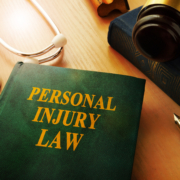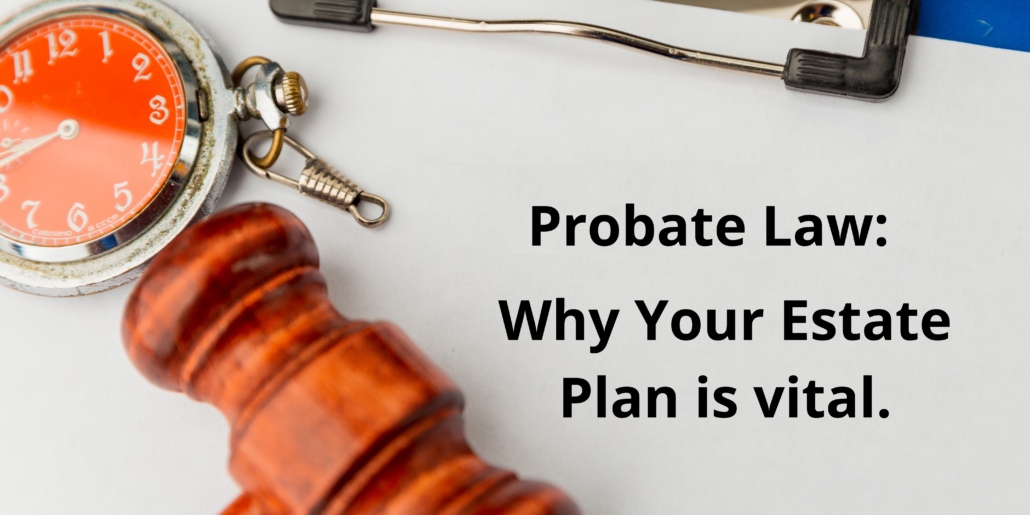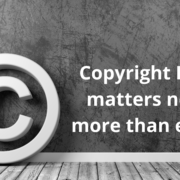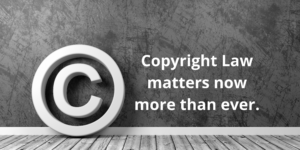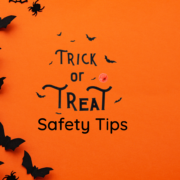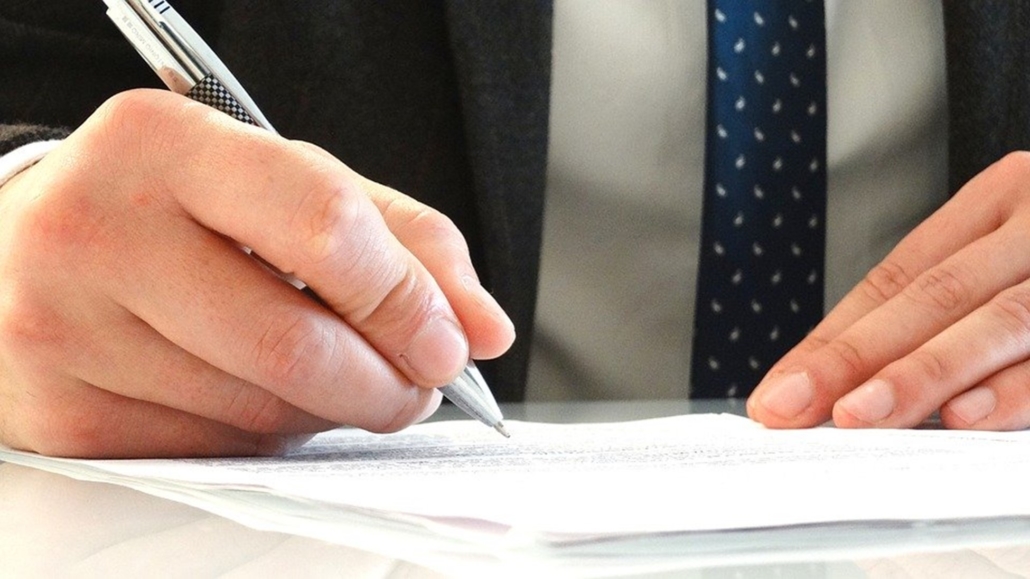What is a personal injury claim?
A Personal Injury Claim is a legal action you can pursue when you’ve been physically or emotionally harmed due to someone else’s negligence, meaning they failed to act with reasonable care, and you were hurt as a result.
It’s not just any injury. It’s an injury where another person, business, or property owner is at fault.
Common personal injury claims include:
- Motor Vehicle Accidents [including those involving a car, motorcycle, or truck]
A successful claim can seek compensation for:
- Ongoing treatment or future care
If you’re unsure whether your injury qualifies, talking to a personal injury attorney in Central Florida is the best next step.
At The Orlando Law Group, we offer free consultations for personal injury cases and can quickly tell you whether you have a valid claim under Florida law.
Are personal injury settlements taxable in Florida?
In general, personal injury settlements are not taxable under federal or Florida law, as long as the compensation is for a physical injury or illness. That includes payments for:
- Lost wages (due to the injury)
However, some portions may be taxable, such as punitive damages or interest earned on the settlement. A Central Florida personal injury lawyer can help you understand your award and, if needed, refer you to a tax professional.
Do all personal injury cases go to court?
No, in fact, most personal injury cases in Central Florida settle out of court. Insurance companies often prefer to negotiate a settlement rather than risk a trial.
That said, if the other party refuses to take responsibility or the settlement offer is too low, your attorney may recommend filing a lawsuit. A Central Florida injury attorney can help you weigh your options and decide the best course of action for your case.
How much is a personal injury case worth?
It depends. The value of a personal injury claim in Central Florida is based on several factors:
- How severe your injuries are
- Your current and future medical costs
- Lost income or reduced ability to work
- Whether you have permanent damage or chronic pain
For example, slip and fall settlements without surgery may be lower than cases involving surgery, but they can still result in meaningful compensation — especially if your injuries affected your ability to work or required physical therapy.
A trusted injury lawyer in Central Florida can help calculate your case value and fight for every dollar you deserve
What happens if you’re in a car accident and don’t have insurance?
If you’re in a crash without insurance, Florida law isn’t on your side. Even if you weren’t at fault, driving without insurance is illegal, and you could face fines, a suspended license, or even lawsuits for damages, especially if someone else got hurt.
That said, all hope isn’t lost. If the other driver was 100% at fault and they have insurance, you might still be able to pursue a claim. A Central Florida personal injury attorney can help you understand your rights and avoid making mistakes that could cost you later, like admitting fault or agreeing to something without legal advice.
But realistically, your options are limited, especially if you’re partially at fault.
Can I file a claim if there’s no police report?
It’s possible, but it’s much harder and potentially risky. ally risky. Florida law requires you to report a crash if there are injuries, major property damage, or if a vehicle needs to be towed. Not reporting it, or leaving the scene, could get you in legal trouble.
If you didn’t call the police at the time but later realized you were injured, you still need to file a report within 10 days. That said, a missing report doesn’t kill your case entirely. A car accident lawyer in Central Florida can help gather other evidence, like photos, witness statements, or even surveillance footage, to support your claim.
Should I get a lawyer after a car accident?
If you were injured, yes, even if it seems minor. Florida’s insurance system is complicated, and insurance companies don’t always play fair.
A Central Florida car accident attorney can:
- Help you understand your rights under Florida’s no-fault laws
- Make sure your medical treatment and bills are properly documented
- Deal with the insurance company so you don’t have to
- Push for a stronger settlement or take your case to court if needed
Do I need to replace my child’s car seat after an accident?
Most of the time, yes. Even if the car seat looks fine, it may have been structurally compromised, and that’s not a risk worth taking. The NHTSA recommends replacing car seats after moderate or severe crashes. Some manufacturers even suggest replacing them after any crash.
If you’re filing an insurance claim, be sure to include the cost of a new seat.
A Central Florida accident attorney can help make sure those types of expenses are factored into your settlement if you’re pursuing one.
Will insurance cover my medical bills after a car accident?
In Florida, your PIP (Personal Injury Protection) covers you no matter who was at fault, but only up to your policy limit. That’s usually $10,000, and it only covers 80% of medical bills and 60% of lost wages.
A person injured in an accident must seek medical treatment within 14 days of a crash. If you don’t seek medical treatment within 14 days of an accident, you will forfeit your PIP benefits.
If your injuries exceed this coverage or are long-term, you may need to sue the at-fault driver for additional compensation.
If your injuries go beyond PIP limits or become long-term, you may be able to sue the at-fault driver for additional compensation. That’s when talking to a Central Florida personal injury attorney becomes a smart move.
How does workers’ comp work in Florida?
Workers’ compensation is basically insurance that your employer carries to cover injuries that happen on the job. If you get hurt while working in Central Florida, whether it’s from a fall, repetitive strain, or something more serious, you’re likely entitled to medical care and partial wage replacement.
But here’s the catch: you have to report your injury fast (within 30 days), and you’ll typically have to see a doctor approved by your employer or their insurance carrier. This can be frustrating if you don’t feel heard or taken seriously.
A workers’ comp attorney in Central Florida can help make sure you’re not being denied care or rushed back to work too soon.
What does workers’ comp actually cover?
In Florida, workers’ compensation typically covers:
- Medical treatment (with an approved doctor)
- Physical therapy and rehab
- Mileage for travel to medical appointments
- Partial wage replacement (usually around 66% of your regular pay)
It doesn’t cover pain and suffering like personal injury claims do, but it does ensure that you’re not stuck with medical bills just for doing your job.
If your claim is denied or your treatment gets cut off too soon, a Central Florida workers’ comp lawyer can step in and advocate on your behalf.
When does workers’ comp offer a settlement?
There’s no set timeline — settlements can happen once your doctor says you’ve reached Maximum Medical Improvement (MMI), meaning your condition isn’t expected to get better with more treatment.
At that point, you might be offered a lump sum to close out your case — but be careful. That money may be your last shot at coverage for future care or wage loss.
Before signing anything, talk to a workers’ compensation attorney in Central Florida who can help you understand whether the offer is fair and if there are long-term risks.
Is workers’ comp taxable?
No, in most cases, workers’ comp benefits are not taxable at the state or federal level. That includes wage replacement, medical benefits, and most settlement payouts
However, if you’re also receiving Social Security Disability benefits (SSDI), your workers’ comp payments could reduce your SSDI, and a portion of that may become taxable. If this applies to you, a lawyer can help structure your benefits to minimize taxes.
Can I be fired while on workers’ comp?
Technically, yes, Florida is an at-will employment state, meaning your employer can terminate you for almost any reason, as long as it’s not because you filed a claim. That would be retaliation, which is illegal.
That said, if you’re let go while recovering, it doesn’t mean your workers’ comp benefits automatically stop. If you’re concerned about job security while injured, a Central Florida workers’ comp attorney can help you understand your rights and whether retaliation may be at play.
What if I start getting medical bills while I’m on workers’ comp?
This happens more than people realize. Sometimes the hospital, clinic, or even your employer’s insurance carrier doesn’t file the injury properly, which means the bills get sent directly to you instead of workers’ comp.
If you start receiving bills:
- Don’t panic — and don’t pay them until you confirm what happened
- Call the provider and let them know it was a workplace injury covered by workers’ comp
- Contact your employer or the claims adjuster handling your case
- Keep records of everything, including envelopes and statements
Even though most medical debt doesn’t go on your credit report anymore, it can still lead to collections or billing headaches if not corrected. If the problem keeps happening, a workers’ comp attorney in Central Florida can step in and make sure your care is properly covered.
What counts as medical malpractice?
Medical malpractice happens when a doctor, nurse, or other healthcare provider causes harm by failing to meet the accepted standard of care. In simple terms, it means a medical professional made a preventable mistake that another professional wouldn’t have made in the same situation.
Examples of medical malpractice include:
- Misdiagnosis or delayed diagnosis
- Surgical errors or operating on the wrong body part
- Prescribing the wrong medication or dosage
- Failure to follow up on abnormal test results
- Ignoring patient symptoms or failing to take a full history
Not every bad medical outcome is malpractice, but if negligence caused harm, you may have a case. A medical malpractice attorney in Central Florida can help you determine if what happened rises to the legal standard.
What’s the statute of limitations for medical malpractice in Florida?
In Florida, the statute of limitations for medical malpractice is generally two years — but there’s also a four-year cap you need to know about.
🔹 The 2-Year Rule:
You have two years to file a medical malpractice lawsuit starting from the date:
- You discovered the malpractice, or
- You should have discovered it through reasonable diligence.
This allows time for cases where the harm isn’t obvious right away, like complications from surgery that don’t show up for months.
🔹 The 4-Year Rule (Statute of Repose):
Regardless of when you discover the issue, Florida sets a hard limit of four years from the actual date the malpractice occurred. Even if you didn’t know something went wrong until later, you cannot file after four years — unless a rare exception applies.
🔹 Exceptions:
- Fraud or concealment: If the provider tried to cover up the malpractice, you may have up to seven years to file.
- Minors under age 8: Special rules apply; parents may have until the child’s 8th birthday to file.
- Presuit investigation period: Florida requires a formal 90-day presuit process before filing, which can pause (or “toll”) the deadline temporarily.
Because medical malpractice cases involve complex timelines and procedures, it’s crucial to speak with a medical malpractice attorney in Central Florida as soon as possible to preserve your right to take action.
Is medical malpractice the same as negligence?
They’re closely related, but not exactly the same.
- Negligence is the failure to act with reasonable care
- Medical malpractice is a specific type of negligence involving healthcare professionals
In other words: all malpractice is negligence, but not all negligence is malpractice.
A local personal injury attorney can help you understand whether your situation qualifies as malpractice under Florida law.
Final Word
Dealing with the aftermath of an accident is never easy, especially when you’re facing medical bills, insurance claims, and uncertainty about what to do next. The most important step is to understand your rights and have the right guidance moving forward.
At The Orlando Law Group, our attorneys handle all types of personal injury cases for clients across Central Florida. If you have questions about your situation, call us at 407-512-4394 or fill out our online contact form to schedule a consultation. We have offices in Orlando, Waterford Lakes, Altamonte Springs, Winter Garden, Lake Nona, St. Cloud, and Kissimmee ready to help you.



 Overview:
Overview: Overview:
Overview:







